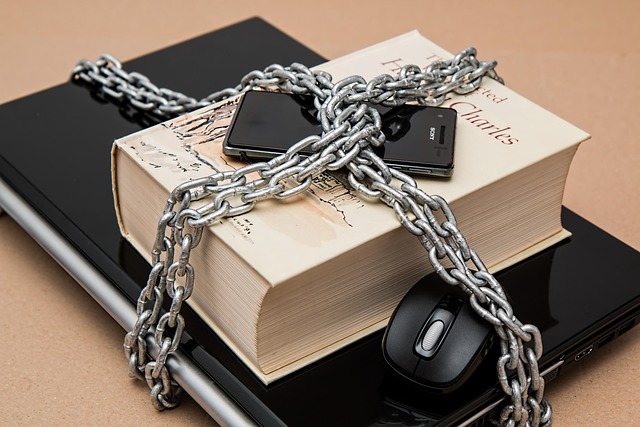In the ever-evolving landscape of communication, social media has emerged as both a beacon of light and a potential source of encumbrance concerning freedom of information. As millions of users flock to platforms such as Twitter, Facebook, and Instagram, the ability to share knowledge instantly with a global audience has never been more accessible. However, this rapid dissemination of information often comes at a cost—namely, the proliferation of misinformation and the erosion of trust.
Social media platforms serve as modern-day public squares, where ideas are exchanged freely. Yet, the same tools that empower users to express their thoughts also expose them to curated narratives dictated by algorithms and the ever-present risk of manipulation. News that trends on these platforms may not always be the truth, leading to a skewed perception of events and ideas. The freedom of information becomes compromised as sensationalized headlines gain traction while more nuanced, factual stories fade into the background.
Moreover, the impact of social media on freedom of information extends beyond misinformation; it also includes censorship and control. Governments and organizations can stifle dissent by monitoring online activities and limiting access to certain information. This has led to a chilling effect where users may self-censor, fearing retribution for sharing dissenting opinions. The fight for freedom of information is not merely a battle against falsehood but also against the forces that seek to silence voices and manipulate narratives in the digital age.
Yet, social media also presents a unique opportunity for activism and awareness. Movements that may have struggled to gain traction in traditional media are able to harness the power of social sharing to reach audiences far and wide. From the Arab Spring to Black Lives Matter, these platforms have played crucial roles in spreading awareness and mobilizing support. In this sense, social media can function as a double-edged sword, where its potential to undermine freedom of information exists alongside its power to protect and promote it.
The challenge lies in navigating this complex digital environment, discerning credible sources from those cloaked in bias, and understanding our own role in the information ecosystem. By becoming informed consumers of social media, users can reclaim their power to advocate for true freedom of information. This involves fostering critical thinking, questioning the narratives we encounter, and seeking out diverse perspectives to build a more comprehensive understanding of the world around us.
In a society increasingly reliant on social media for news and discourse, the responsibility to ensure that freedom of information remains intact rests not only with the platforms themselves but with each individual user. Engaging thoughtfully, promoting transparency, and advocating for accountability can help ensure that social media fulfills its potential as a facilitator of open dialogue rather than a tool for oppression.




